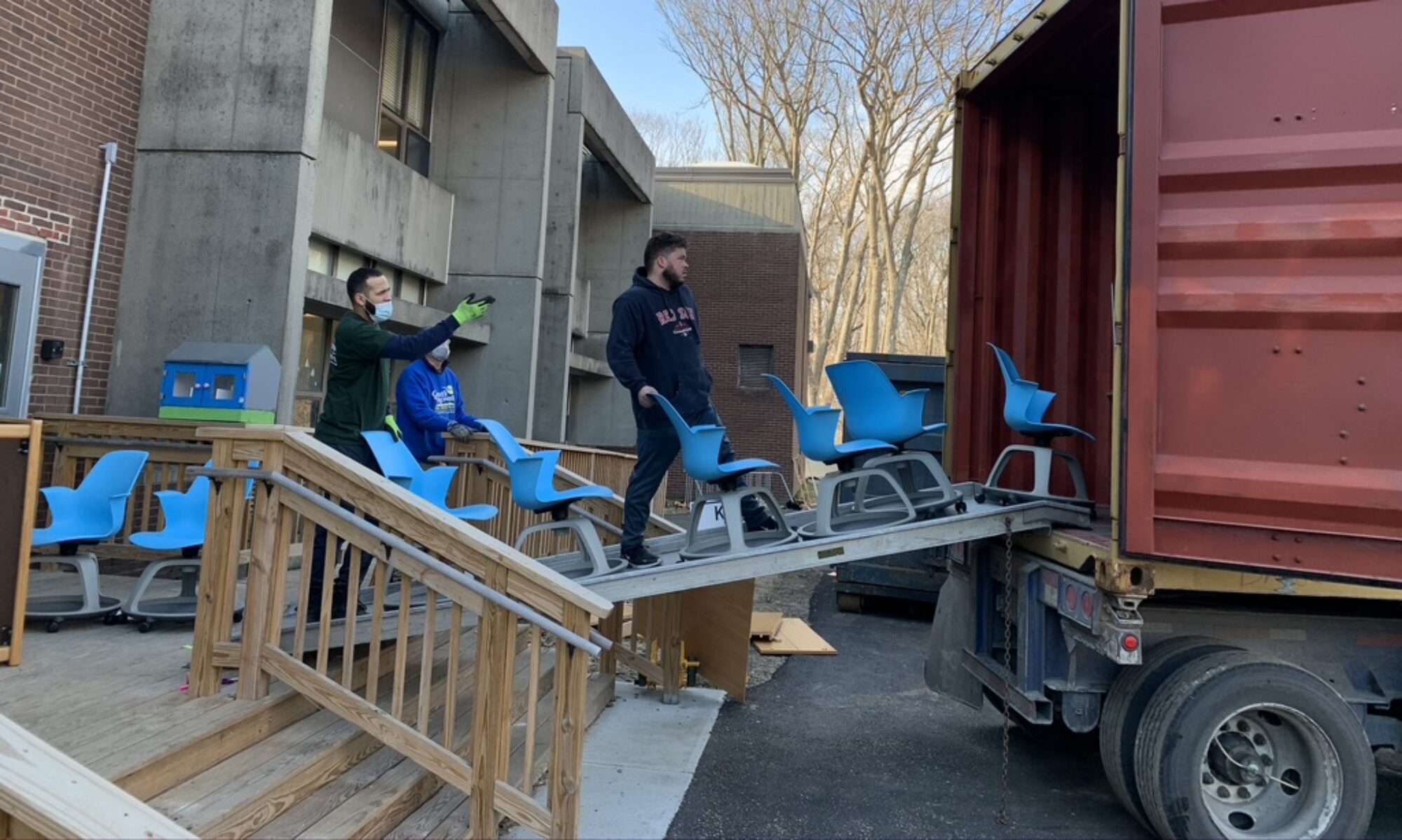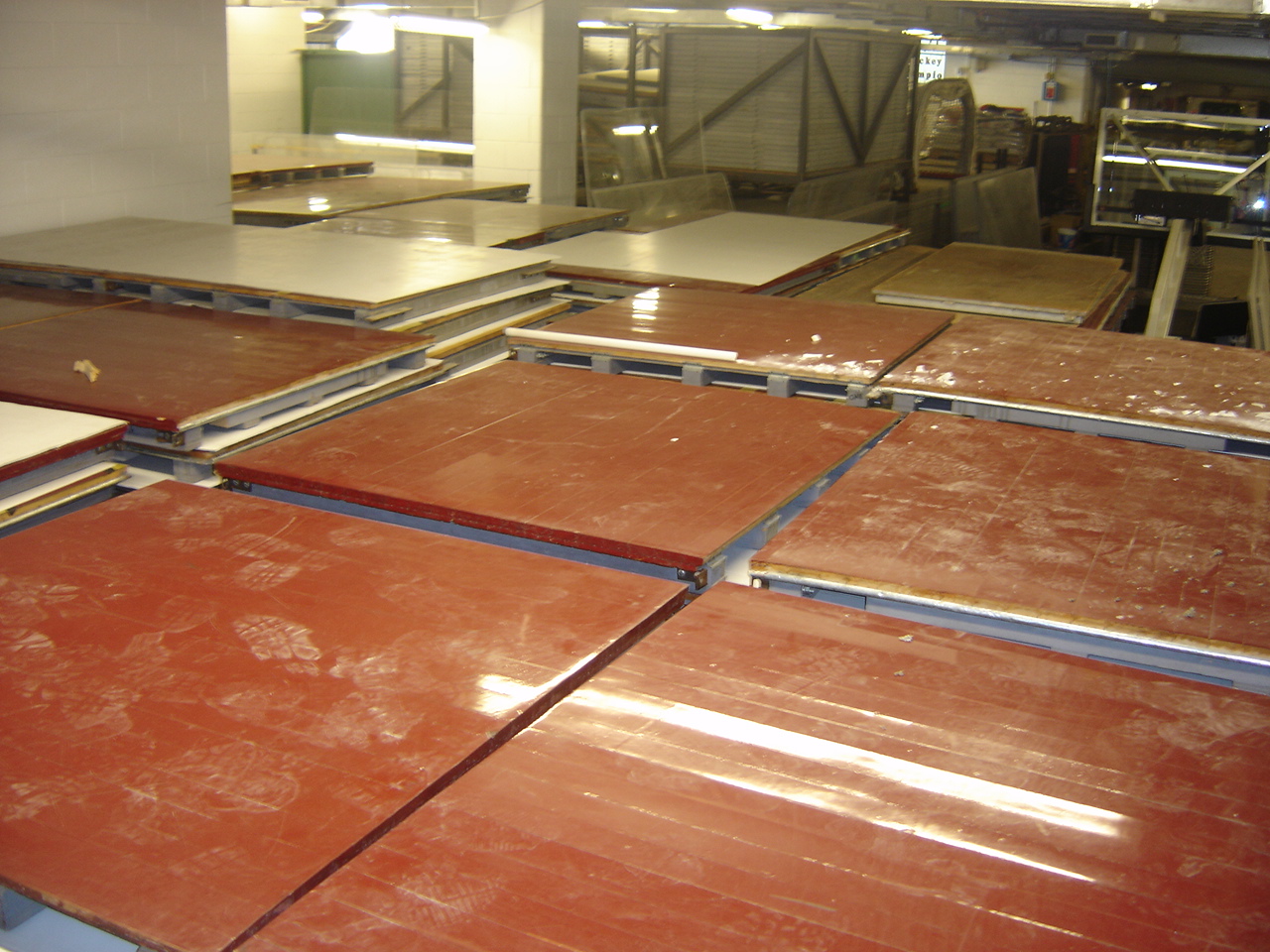Here’s an article from the Boston Globe on March 2, another article about shady electronics recycling. You can read the whole article at http://www.boston.com/news/local/massachusetts/articles/2010/03/02/old_televisions_spark_environmental_dispute/
Nine truck-size shipping containers filled with old televisions from a Brockton recycling company are at the center of an international dispute drawing attention to a major problem in the regulation of hazardous electronic waste: When is a product intended to be reused, and when is it trash?
The containers, shipped to Indonesia by CRT Recycling Inc., were seized by port officials there after an environmental organization staked out the company’s Massachusetts operations and alerted the Indonesian government about a possibly illegal shipment of e-waste.
The cathode-ray tubes in televisions and computer monitors contain more than four pounds of lead, as well as mercury and other toxins…. An international treaty restricts shipments of these tubes for disposal in developing countries.”
“There is enough documented evidence indicating that monitors and other types of electronics shipped under the guise of resale or reuse winds up being disassembled in dangerous conditions,” said Allen Hershkowitz, senior scientist with the Natural Resources Defense Council. “There is so much documentation consumers should assume that unless the material is going abroad [to be repaired under warranty] it will be disassembled.”
Beth Daley in The Boston Globe, March 2, 2010
It would be really nice if these stories were to disappear. But they don’t and they won’t. As long as there’s money to be made shipping electronics offshore to be “reused” or “recycled”, they’ll be shipped offshore. Mark Lennon wrote about that a few years ago. In light of this most recent Globe article, we think it’s worth reprinting:
Electronics Recycling: A Divide With No Way Across
Some ancients will remember Evel Knievel and the Snake River Canyon. Evel tried to jump the canyon and ended up in the drink. There was no way across.
There’s a Snake River Canyon in electronics recycling. On one side are deals to buy old computer and monitors or take them away for free. On the other side are recyclers who charge to recycle old electronic equipment. The gap between the two sides starts at about twenty-five cents a pound and gets wider from there. And there’s no way across.
Make no mistake. If you see an offer to take monitors (or TVs or computers) away for free, or pay you for them, they will be packed in containers and shipped abroad. Maybe to China, maybe to India, maybe to Mexico. Most will get hammered apart for their metal components. They will be handled under labor and environmental conditions that are straight from Charles Dickens. Ultimately what’s left will end up in a ditch or scattered on the landscape.
The alternative – the recycling that starts at about a quarter a pound – destroys the electronics here in the United States. It recovers glass, metals, plastics, and usable components. It is subject to U.S. laws and permit requirements, with appropriate safety and environmental controls. All of this costs money. There’s just no way around the economics.
We know this is true. We have visited dozens of electronics recyclers from coast to coast and from Texas to Iowa. We have chased down the no-cost deals. We’ve visited the sites, we’ve seen the operations. We’ve seen the containers packed for export. We’ve also seen the reputable recyclers, and audited their operations as well. And there just aren’t any exceptions; if the deal is close to zero or better, the electronics are being packed into overseas containers.
Exporting electronics for “recycling” is not, in most cases, illegal. But socially, ethically, and environmentally, it is repulsive. Please call or look for links on IRN’s website, http://www.ir-network.com, if you’d like more information about what happens to electronics when they’re sent overseas.
IRN is getting the best pricing we know of for responsible recycling of monitors and other electronics. The reason is simple: IRN’s clout as a collective. IRN managed nearly 2,000,000 pounds of electronics in 2009. This makes us one of the largest accounts in New England. We get great pricing and service, and we pass those benefits to IRN clients.
If you see a “better” electronics recycling deal, please tell us so we can chase it down. If the deal’s legitimate, we need to know so we can grab that benefit and pass it along to IRN clients. If the deal’s shady, we can let you know and tell you why, but keep your name out of the conversation. We can also get you in for a site audit if that would help your decision-making. If you want to take a no-cost deal, we’ll be happy to talk about the issues and the questions you should ask. But be clear, if it’s a no cost deal, or even close to that, your electronics are headed offshore.
There is in fact a huge gulf between responsible electronics recycling and containers heading offshore. There’s no way around that. There’s no way around the difference in price, and no way around the difference in social and environmental impacts.
The Golden Rule of recycling never changes: Know Your Markets.


